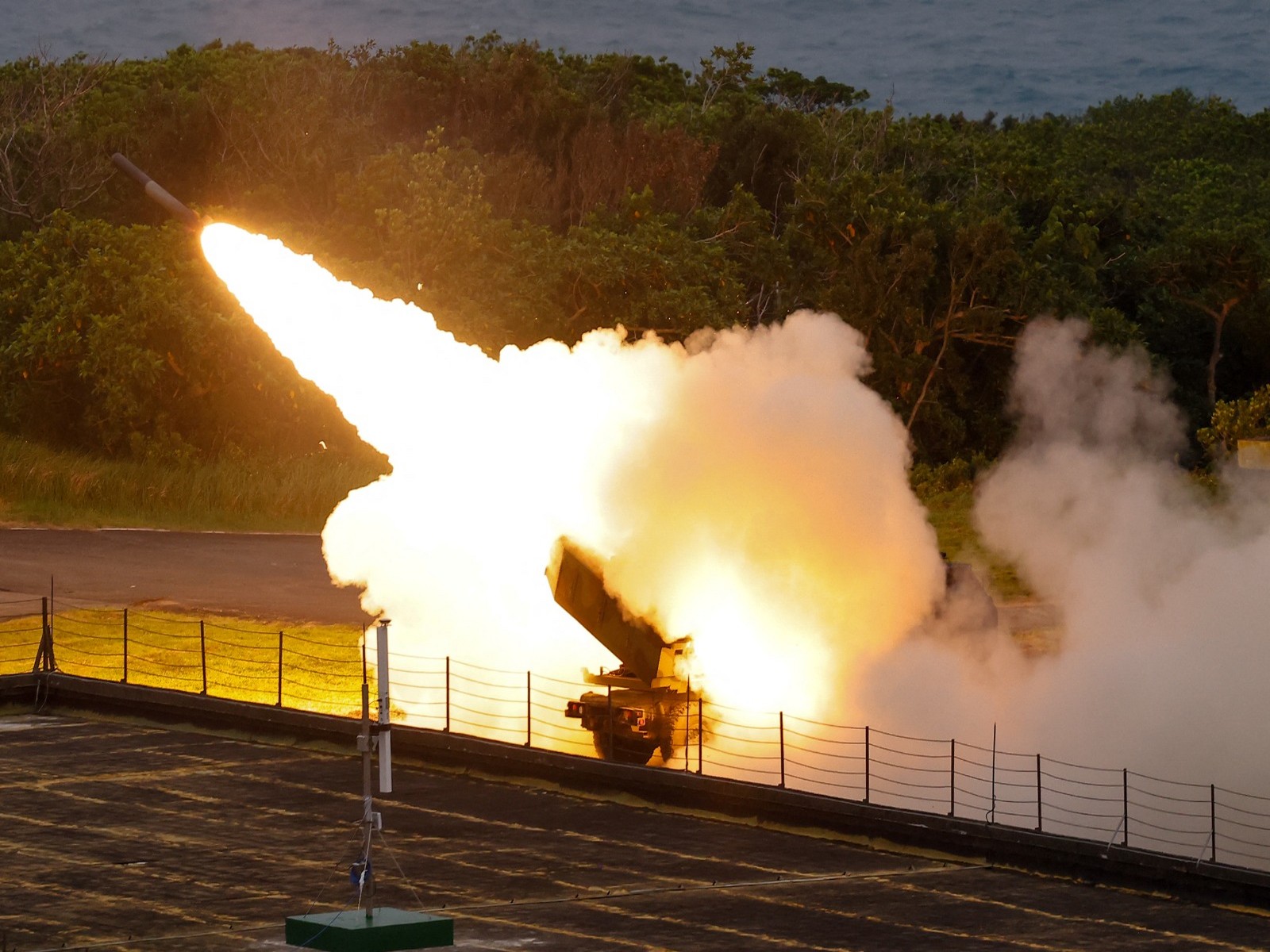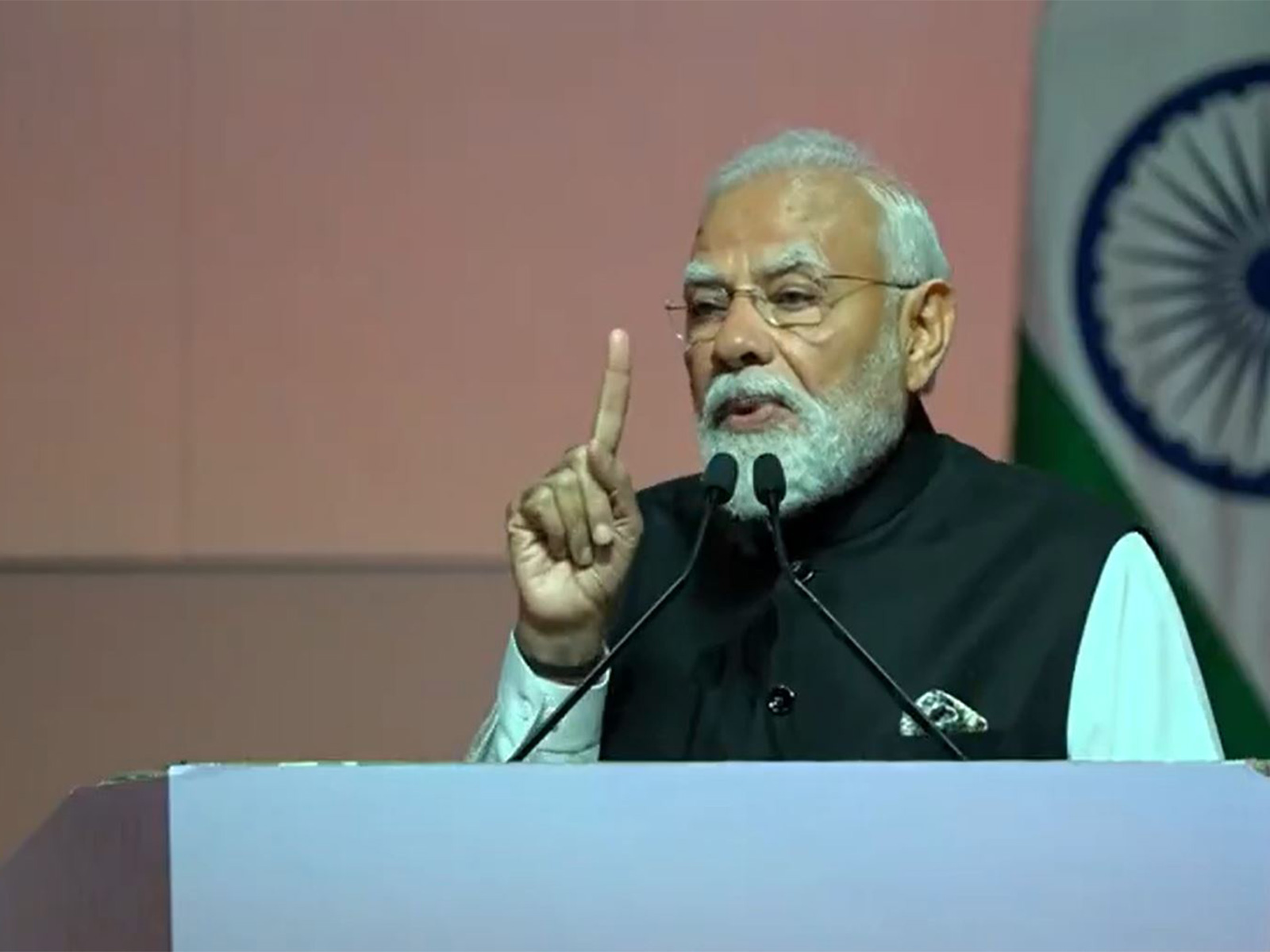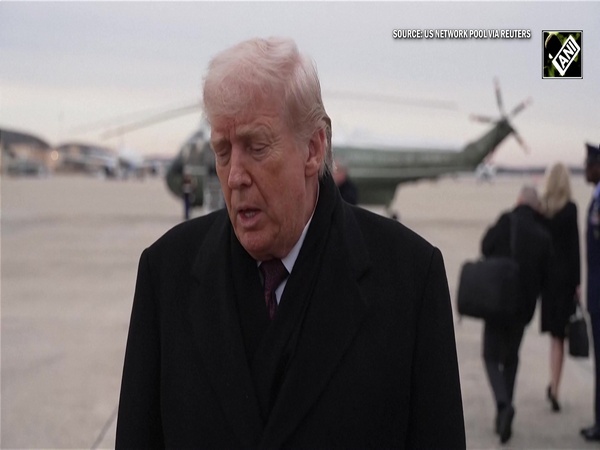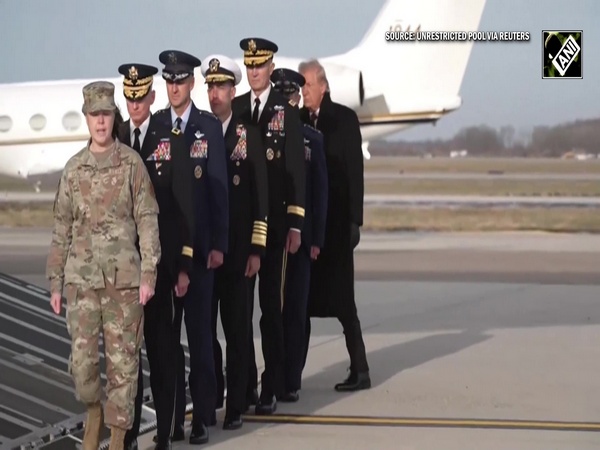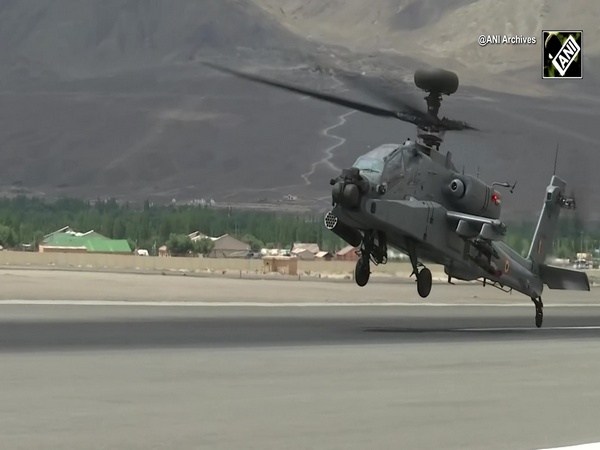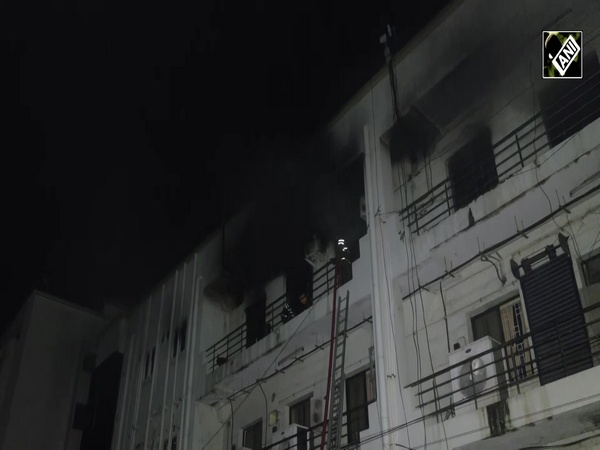Chinese incursions in Taiwan are political in nature, analysts
Apr 08, 2021

Taipei [Taiwan], April 8 : The incursions by Chinese military aircraft into Taiwan's airspace late last month were political in nature rather than militarily motivated, said analysts on Monday.
Su Tzu-yun, a senior analyst at the government-funded Institute for National Defense and Security Research, said that the incursions into airspace southeast of Taiwan should be seen as Beijing's political response to closer Taiwan-US relations, rather than a military move, reported Taipei Times.
Citing the Ministry of National Defense, Taipei Times reported that 20 Chinese People's Liberation Army (PLA) aircraft entered Taiwan's air defence identification zone on March 26. Among them were two Y-8 marine patrol aircraft and an H-6K bomber that flew into airspace southeast of Taiwan.
On Monday last week, 10 PLA aircraft entered the zone and a Y-8 again flew to the southeast of Taiwan.
The March 26 intrusion came one day after Taiwan and the US signed a memorandum of understanding on coast guard cooperation, while last week's incursion coincided with the arrival in Taiwan of Palauan President Surangel Whipps Jr, accompanied by US Ambassador to Palau John Hennessey-Niland, reported Taipei Times.
Chieh Chung, a research fellow at the Association of Strategic Foresight think tank, echoed Su's view, adding that such intrusions were nothing new.
PLA aircraft circled Taiwan at least 24 times between November 25, 2016, and February 9 last year, he said.
The intrusion of Chinese planes into the airspace southeast of Taiwan attracted considerable attention because PLA planes had generally limited themselves to airspace southwest of Taiwan since 2019, he said.
However, the PLA aircraft that flew to Taiwan's east were all low-speed reconnaissance planes, which are less sensitive, he added.
Meanwhile, Lin Ying-yu, an assistant professor at National Chung Cheng University, said that Chinese marine patrol aircraft could be flying into airspace southeast of Taiwan in preparation for the nation's deployment of its indigenous submarines in that area.
Taiwan's indigenous submarines, once completed, will pose a threat to China's navy. So China's anti-submarine planes could be checking the underwater environment in the area or looking for blind spots in Taiwan's radar, Lin said.
The government in 2016 launched an indigenous submarine project to bolster the nation's ageing fleet of four submarines with eight new diesel-electric models, the first of which is scheduled to enter service by 2025, reported Taipei Times.


